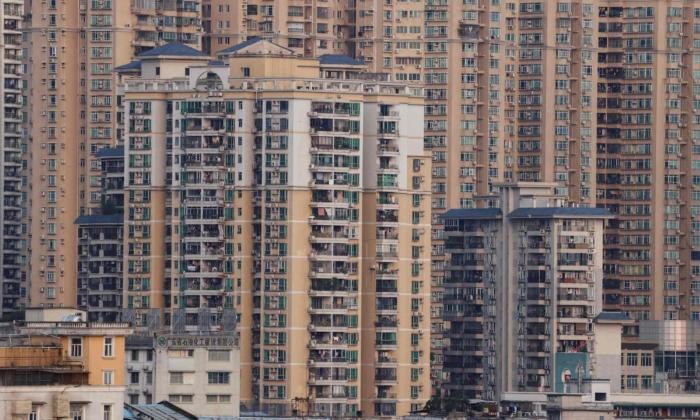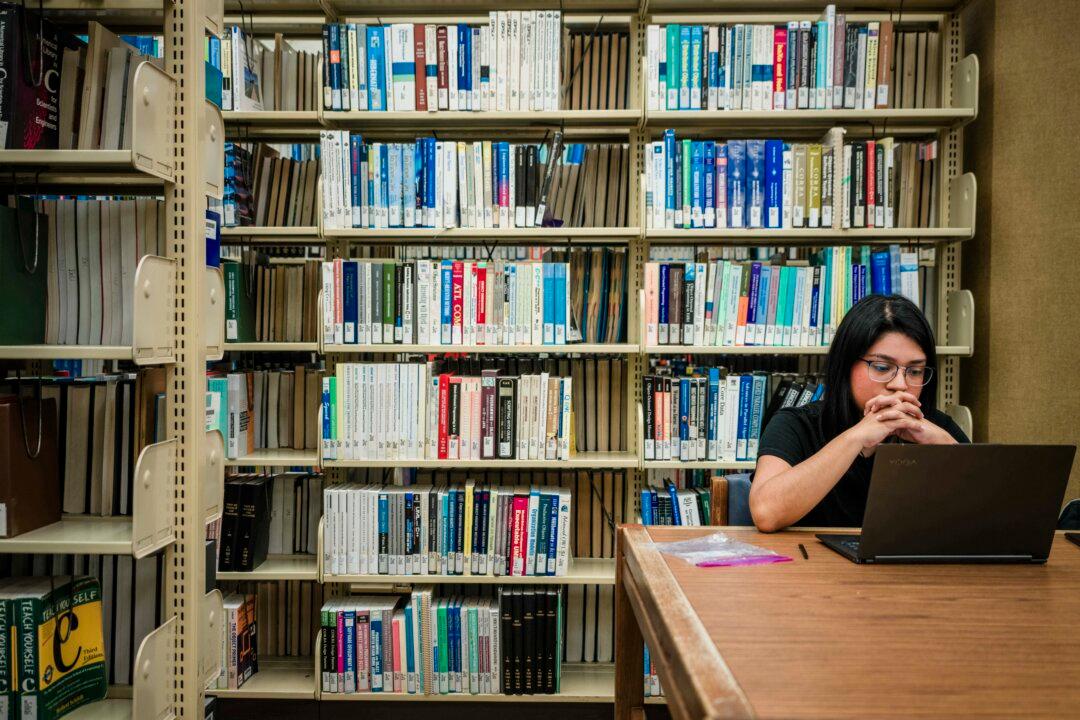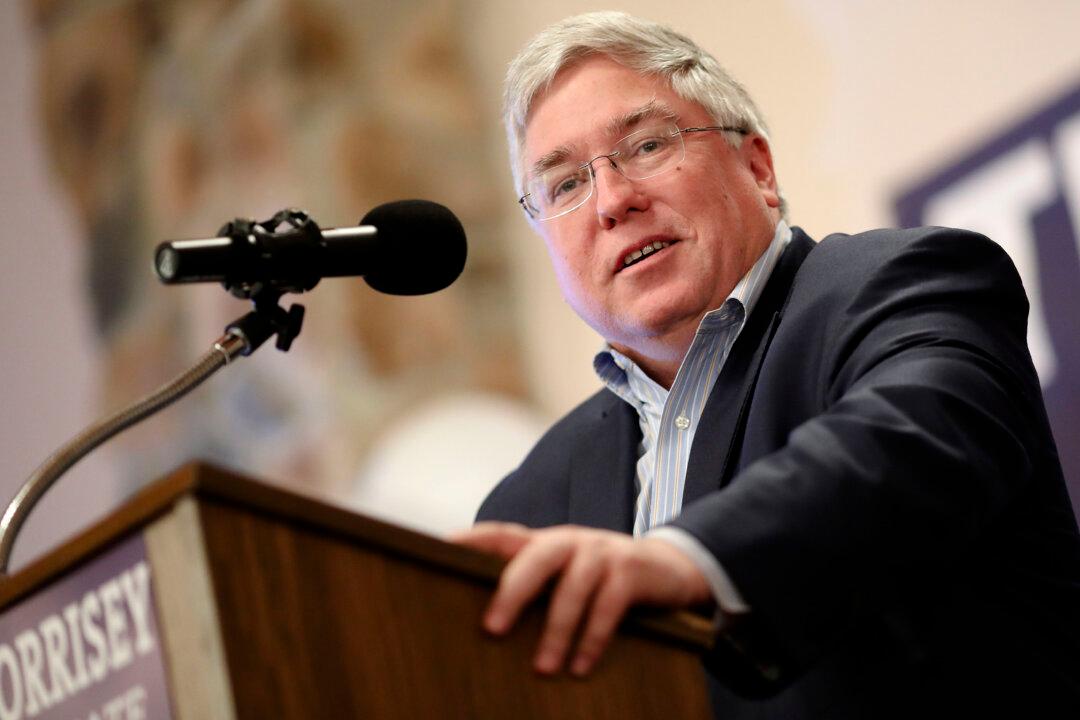American companies should reconsider their investment in China, as the country’s economy is in serious trouble with a struggling non-state sector, said Mile Yu, a senior fellow and director of the China Center at Hudson Institute.
“China has been playing hard to get for the last several months and they would not talk. Now they relented and agreed to talk with high-level American cabinet members on matters that are vital to both nations’ economies,” Mr. Yu said in an interview with EpochTV’s “American Thought Leaders: NOW.”
The interview came as U.S. Treasury Secretary Janet Yellen traveled to Beijing to meet with China’s Premier Li Qiang, who has recently been tasked to revive China’s COVID lockdown-battered economy by Chinese Communist Party (CCP) head Xi Jinping.
China’s Economic Reality
A key difference between the U.S. and the Chinese economic model, according to Mr. Yu, is that the CCP is willing to crack down on the non-state sector to ensure state control, even if that means shutting down the main driver of China’s economic growth.“Chinese economy is pretty predatory. It benefits from the international free trade system, and almost its entire economic growth in the last 20 to 30 years has come from the non-state sectors,” he explained. “Now, China’s financial institution is collapsing. So the Chinese government—particular local government—is trying to squeeze the non-state sectors and push them out of business through policies, such zero-COVID lockdowns and all kinds of egregious taxation schemes.”
For nearly three years, in the name of curbing the spread of COVID-19, China’s authorities were placing entire towns and cities under lockdown if they reported a few cases of infection. Millions of people were forced into overcrowded quarantine camps for just living in the same apartment building as an infected person. Individuals must show their “Green Code”—a digitized proof that they most likely weren’t infected—before using public transportation, entering a grocery store, or simply leaving or re-entering their neighborhood.
Those zero-COVID restrictions, which practically made it impossible for many private businesses to survive, only phased out at the end of 2022 and weren’t officially lifted until this March, when Li Qiang, who is said to be more sympathetic to non-state sector than his boss, became the premier.
“Many of the Chinese non-state sectors—the most vibrant, the most innovative sector of Chinese economy is now in big trouble,” Mr. Yu told Mr. Jekielek. “During the three years of COVID lockdowns, millions of small businesses and medium-sized businesses went out of business.”
Deflated Housing Bubble
With the zero-COVID period in the rear mirror, investors still need to consider serious problems that are inherent to the way China develops its economy, Mr. Yu said.“China’s development model is to basically issue a tremendous amount of loans to some of the non-performing projects, particularly [the] housing industry, but now the housing market is collapsing,” he explained, noting that the rapid borrowing by local governments was fostering an illusion of prosperity.
In China, all urban and rural land is owned by the state or agricultural collectives, respectively. Companies and individuals don’t actually buy land, but instead buy land-use rights from the government for a period of up to 70 years, after which time the lease can be extended. This system unsurprisingly makes land sales the top source of income for local governments, which turn into the biggest contractors for China’s developers over the past 20 years.
“Much of the local government spending finances has come from the exploitation of the housing industry, because they controlled the land, they can sell and resell the land,” Mr. Yu told Mr. Jekielek. “But now, with the collapse of the housing, they cannot do that anymore. So that’s why virtually every province of China has huge deficit.”
“With a collapse of the housing industry and those loans cannot be retrieved, the banking industry is losing a lot of money, and the government at all levels runs out of money, because China’s banks are owned by the state,” Mr. Yu continued. “When banking industry is in trouble, you get a credit crunch, and then you have more business closings, so it’s a chain reaction.”
Decoupling is Happening
When asked about the “decoupling” of the U.S. and Chinese economies, Mr. Yu replied that it has already began, even though no country has officially adopted that as part of their strategy.“Nobody’s talking about decoupling, but it is happening. In reality, the decoupling is happening,” said Mr. Yu, whose term of serving as an advisor to Secretary of State Mike Pompeo has seen America and its allies shifting away from reliance on Chinese imports.
“At the corporation level, every major corporation must assess its investments in China on whether the safe, whether it is a sound, or whether it run the risk of being repressed by a state-sponsored or -subsidized Chinese company,” he added.
Mr. Yu also pointed to a July 5 report from Goldman Sachs, in which the investment bank said it had downgraded the Agricultural Bank of China from “Neutral” to “Sell,” while cutting the Industrial and Commercial Bank of China from “Buy” to “Sell.”
“Almost every major company that has heavy investment in China is reconsidering investment in China and thinking about getting out of China,” he said. “The American companies—many big ones—are reconsidering this precisely because of the kind of economic reality as depicted by Goldman Sachs, as depicted by a lot of policy reports about China’s investment environment.”
“China is not a very good country for long-term investment. It’s a hostile investment environment. That’s why for the U.S. to win, the Chinese Communist Party must change the way it behaves.”






